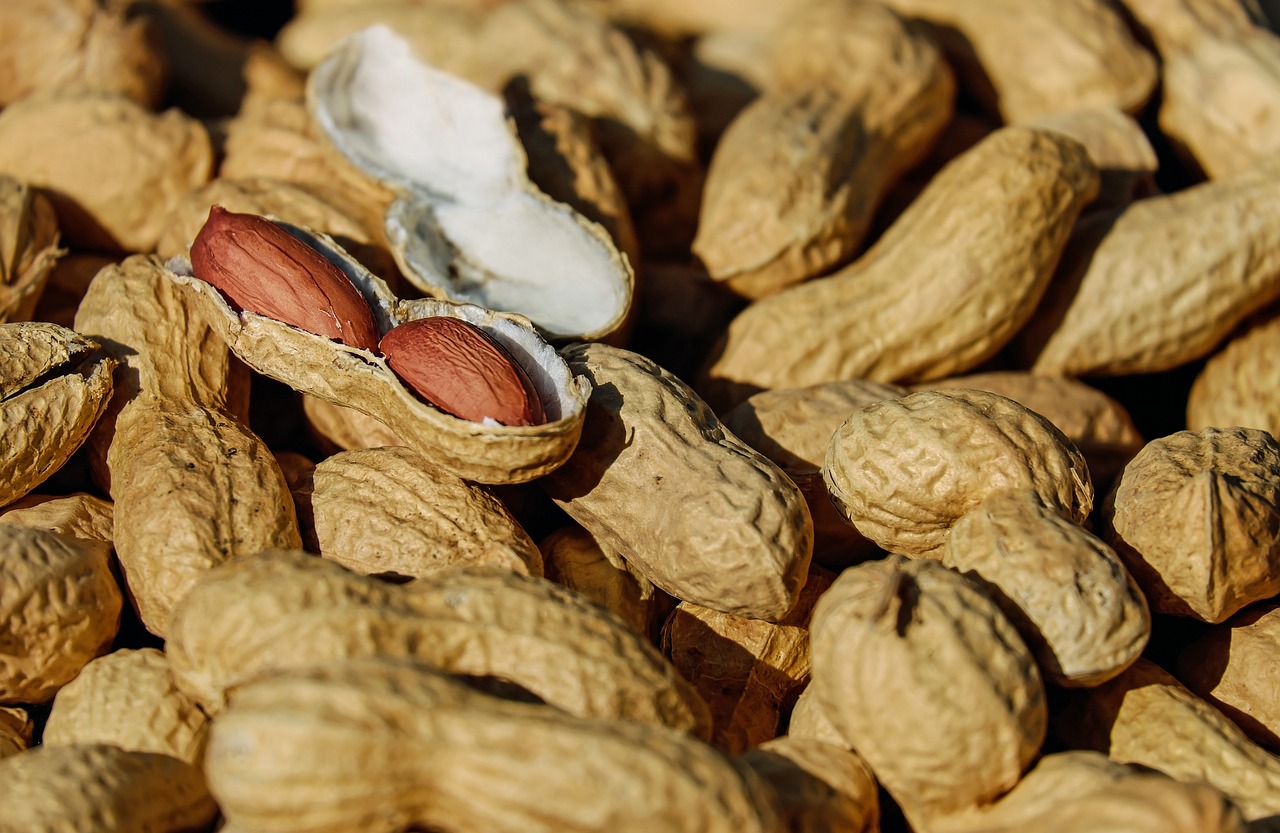Dietary Fiber and Its Health Benefits
Dietary fibre is a crucial part of a balanced diet and is important for preserving general health. Dietary fibre has several health advantages, including lowering the risk of chronic diseases and promoting digestive health.
What Is Dietary Fiber?
Dietary fibre is a kind of carbohydrate that is indigestible for plant-based diets. As fibre passes through the digestive tract, it does not break down into sugar molecules like other carbs do. There are two types of dietary fiber:
Soluble fiber :
In the stomach, soluble fiber transforms into a gel-like material by dissolving in water. Foods including oats, beans, lentils, and specific fruits and vegetables contain it.
Insoluble fiber :
Insoluble fiber aids in the passage of food through the digestive system by giving the stool more volume and refusing to dissolve in water. Whole grains, nuts, seeds, and the skins of fruits and vegetables are foods high in insoluble fiber.
Health Benefits of Dietary Fiber
Supports Digestive Health :
By giving the stool more volume, dietary fibre encourages regular bowel movements and helps ward off constipation. Additionally, it can lessen the chance of diverticulitis and haemorrhoids.
Manages Weight :
Dietary fiber-rich foods are typically more filling, which can help you control your weight and feel fuller for longer. Foods high in fibre tend to be lower in energy density, which can help with weight loss and maintenance.
Lowers Cholesterol Levels :
Because soluble fibre binds to cholesterol in the intestines and stops it from being absorbed, it can help lower blood cholesterol levels. Lowering cholesterol can reduce the risk of heart disease.
Stabilizes Blood Sugar :
Dietary fibre can assist to stabilise blood glucose levels by reducing the rate at which sugar is absorbed. This benefit is especially crucial for people who already have diabetes or are at risk of getting the disease.
Reduces the Risk of Chronic Diseases :
A high-fiber diet is always linked to a lower risk of heart disease, stroke, and some forms of cancer, among other chronic illnesses.
To increase Dietary fiber in your daily, follow these tips given below:
Choose whole grains :
Choose whole grains including whole-grain pasta, brown rice, quinoa, and whole-wheat bread.
Eat a variety of fruits and vegetables :
Make sure your diet consists of a variety of fruits and vegetables. When feasible, make sure to eat the skin because it frequently contains fibre.
Add legumes :
Add legumes, beans, and peas to your diet for a great source of dietary fibre.
Snack on nuts and seeds :
Rich in fibre, almonds, chia seeds, and flaxseeds can be included in meals or snacks.
Read labels :
Look for products with more dietary fibre on the nutrition labels when you shop for packaged goods.
Conclusion :
Dietary fibre is essential for maintaining general health and averting chronic illnesses. You can reap the numerous health advantages of eating a diet higher in foods high in fibre. Make dietary fibre a priority in your regular meals to live a longer, happier life.







Very good